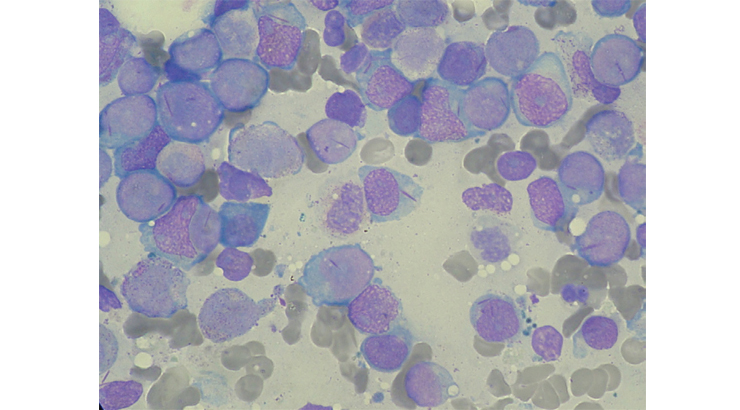Diagnostic Test to Identify Chromosomal Instability
ID# 2016-4434
Technology Summary
The PIGN gene is a cancer chromosomal instability (CIN) suppressor. Pu’s lab screened 48 MDS/AML patient samples and identified a novel PIGN gene mutation pattern responsible for increased genomic instability and subsequent myelodysplastic syndromes (MDS) transformation to acute myeloid leukemia (AML) and progression. This novel finding was confirmed by examining the mutation status in 55 AML patients evaluated and published for other researchers at other institutions. Standard blood sample analysis results in classification/ staging of the AML disease and allows for the prediction of occurrence of the MDS/ AML transformation and progression. The discovery enables further development around prognosis, treatment, and prevention of this cancer.
Application & Market Utility
The treatment market for AML will rapidly expand in value from $342.7 million in 2014 to reach $932.6 million by 2024. About 15% of children (birth-19) diagnosed with leukemia have acute myeloid leukemia. The risk of acute myeloid leukemia is associated with age. ~90% of acute myeloid leukemia is diagnosed in middle age. There is a need for reliable markers of hematological neoplasia which can be used as prognostic indicators for development of hematological neoplasia and advancement of MDS to AML.
Next Steps
Development stages under evaluation include (1) optimizing analytical methods (PCR/Western Blot); (2) clinical evaluation of disease classification; and (3) building a therapeutic platform with collaborators.

